7 Tips for a Rewarding Tanzania Safari from Travel Experts.
7 Tips for a Rewarding Tanzania Safari from Travel Experts, Planning a Tanzania safari is more than setting money aside for the trip. It’s about making the right moves before you even board the flight. From our experience of more than ten years of guiding visitors to witness wonders like the wildebeest migration in the Serengeti, Big Five in the Ngorongoro Crater, or summiting Kilimanjaro, we’ve learned that it’s not the budget that matters, but the planning process. In this article, our travel experts share seven tips for a rewarding Tanzania safari.
1. Plan your itinerary.
Having your program sorted out months in advance is a big advantage. Firstly, you’ll secure good deals at the best price. Secondly, you’ll save time. Instead of figuring out what to do after you arrive, you’ll just slide into your list and start ticking off. And lastly, planning early makes you prepare well for the trip. This enables you to vaccinate and buy some important gear.
Planning early also gives room for amendments, if any. For instance, you might include some interesting activities you didn’t consider important while planning.
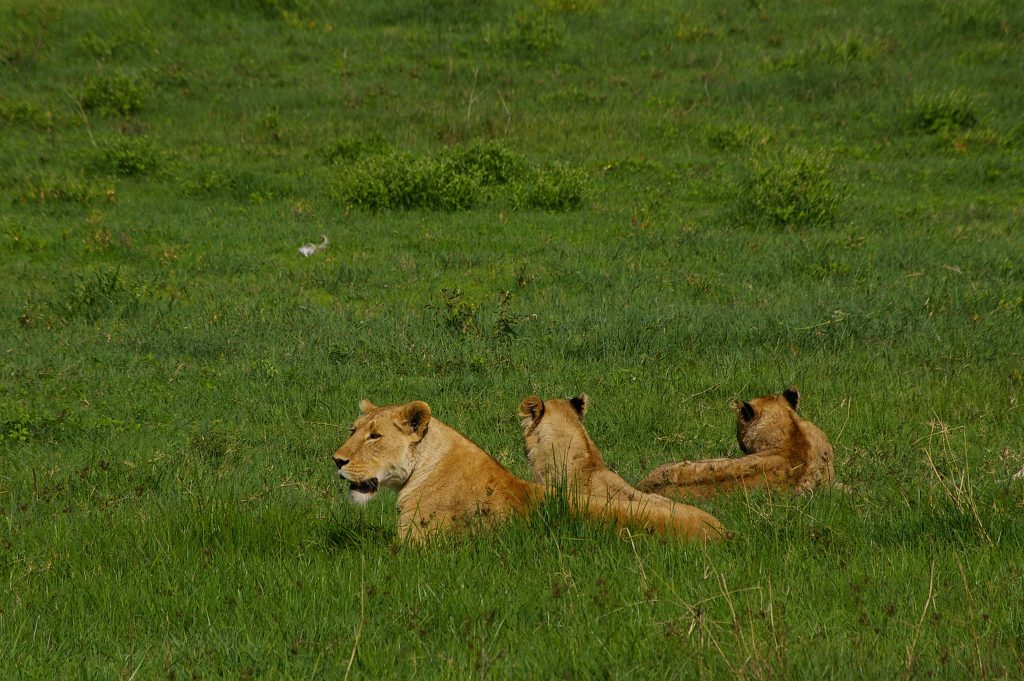
2. Pack the right gear.
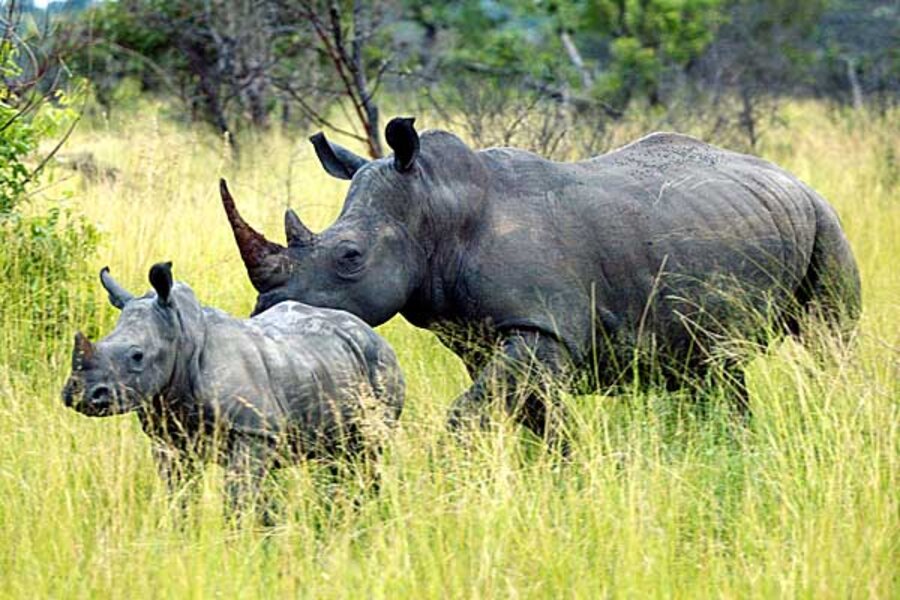
Having the right equipment by your side makes your trip enjoyable. Because anytime you want to experience something, you can do it. For instance, having a good camera and a pair of binoculars with you in the Serengeti elevates your wildlife experience. You can scan for birds in trees or picture a large lion pride lounging on a kopje.
For Kilimanjaro hikers, trekking poles and gaiters can make the hike easier. They always help you reduce the strain in your feet, especially when climbing challenging peaks like Kilimanjaro and Mount Meru.
3. Dress appropriately.
It may seem so simple, but dressing in the right clothing according to the occasion matters a lot. We always recommend clothing based on the weather and activities you’re planning to do. Here’s our advice:
- Bring neutral colors like khaki, beige, blue, and brown if you’re going for a wildlife safari.
- Avoid bright colors like red, yellow, orange, and white because they startle the animals and make you stand out.
- Avoid dark blue and black clothing because they’re a magnet to tsetse flies – vectors of sleeping sickness.
- Dress modestly when visiting worship places. Women should cover their shoulders and knees. Men should avoid shorts.
- Wear layers in early mornings, late evenings, and during the night because it’s always freezing.
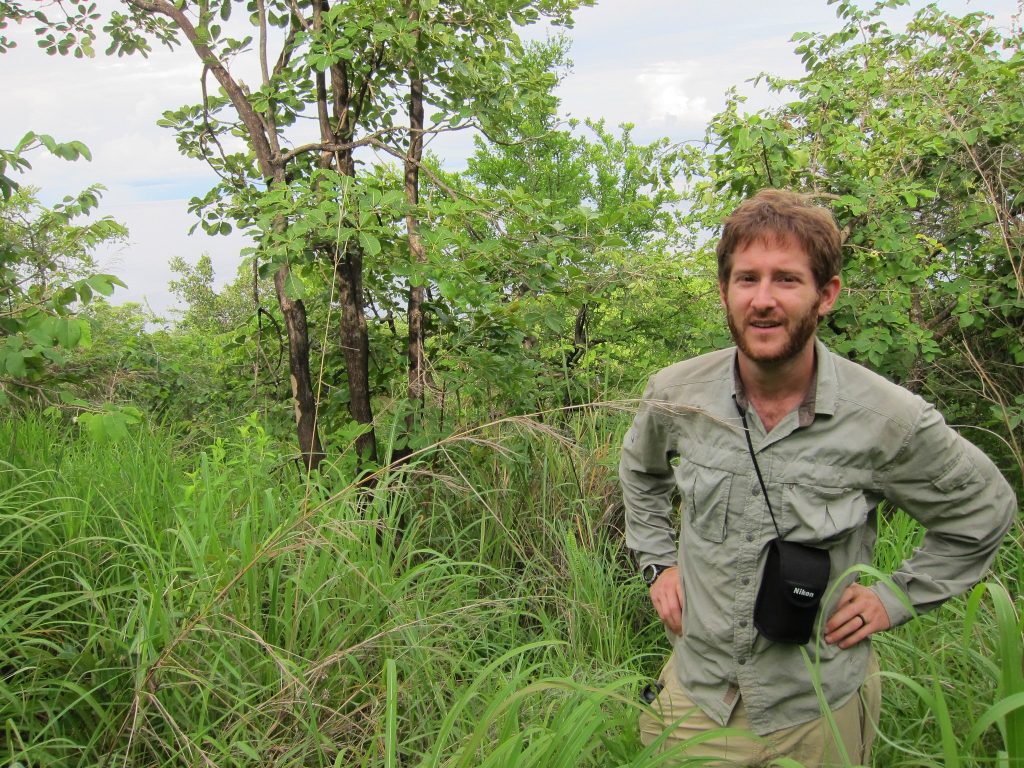
4. Bring cash and a credit card.
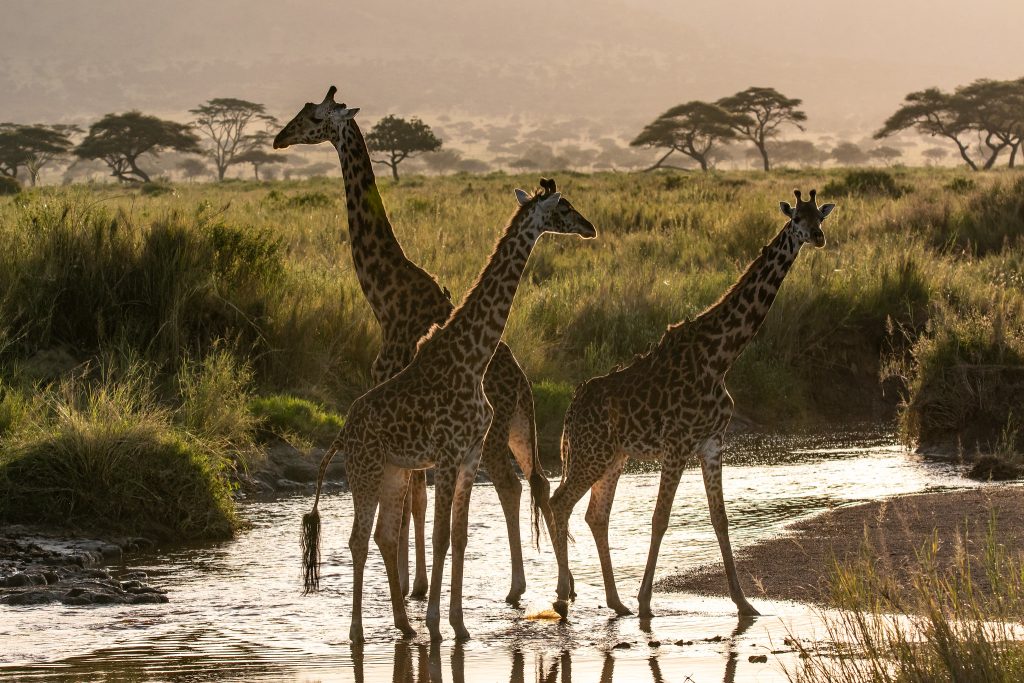
Most payments in Tanzania involve the use of cash and credit cards. You’ll settle most payments using a credit card, not a debit card, because parks won’t accept it. So, make sure you load your credit card with enough funds to avoid inconveniences.
Sometimes, you may want to use cash. For instance, when visiting local villages, markets, and shops, cash can be of great help. On top of that, tipping is always perfect in cash. Tipping is not compulsory, though highly expected. You should give a tip only when you feel satisfied with the service rendered.
5. Include an extra day for any inconvenience.
We know that some guests have a very tight schedule. But always make room for emergencies so that you can enjoy your trip. Sometimes you may have flight delays, which in turn could cause a delay of your safari program. As a result, you may have to terminate your program before its end to catch an important business meeting or any of the like.
So, we recommend including an extra day for unforeseen emergencies and delays. By doing this, you’ll have no stress even when your flight is delayed for hours or even a day. By the way, flight delays rarely happen.
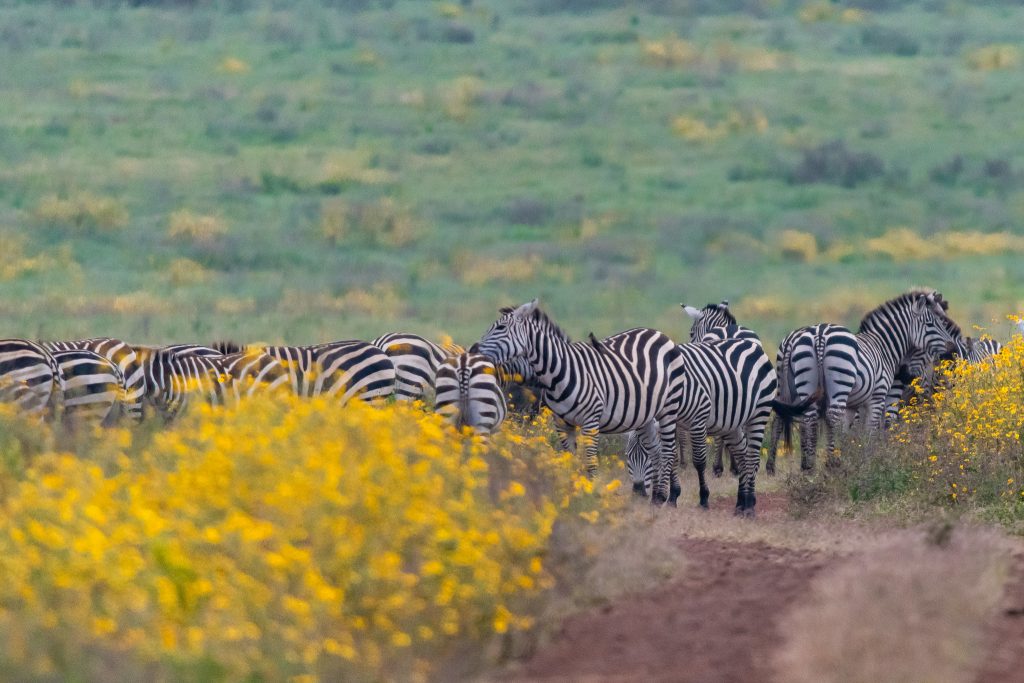
6. Buy travel insurance.

Travel insurance is your partner while you’re traveling to Tanzania. Make sure your policy covers important aspects like lost luggage, missed activities, emergency evacuation, medical expenses, and legal expenses. Make sure you emergency contacts of your insurer.
There’s good news for travelers heading to Zanzibar. The newly introduced mandatory travel insurance can be the best alternative to fancy policies. The insurance costs $44 per person and it’s valid for 92 days, covering medical emergencies, lost luggage, evacuation, and legal expenses.
6. Buy travel insurance.
Tanzania is truly a melting pot of cultures. It has over 120 tribes, each with its unique mother tongue. Wondrously, these communities have a common language they use to speak to each other – the Swahili language. If you want to get along with them, then learn a few Swahili words and phrases. You don’t need to memorize complex words or long sentences. Just simple words can connect you with the hosts. Start with these:
- Jambo (hello)
- Habari gani? (How are you doing?)
- Asante (thank you).
- Kwaheri (Goodbye)
Through learning these phrases, you’ll have a meaningful cultural interaction with locals at the beaches, transportation hubs, markets, and so on.
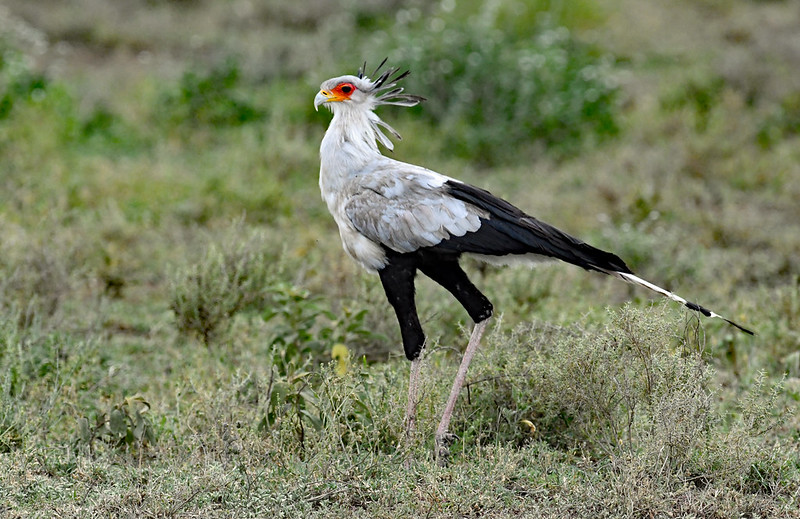
Wrapping up
We know planning can be a little challenging, but we are here to help you. Our expert travel planners will make sure you get the most out of your safari in Tanzania. If we haven’t answered your questions yet, please contact us for a detailed explanation from a customer service agent. We would be happy to help you explore Tanzania.
